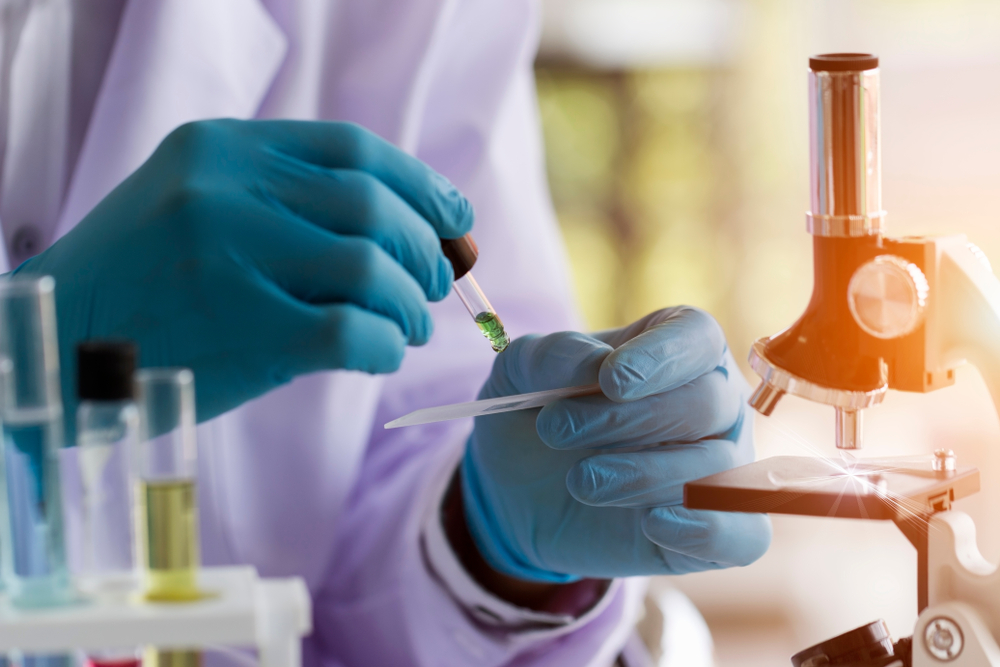
Researchers from Virginia Tech were awarded a $1.4 million grant from Unitaid to perform economic and environmental impact assessments of a four-year project in Africa aimed at reducing malaria cases.
That project is called the Board One Health Endectocide-based Malaria Intervention in Africa (BOHEMIA). It will consist of two clinical trials in Tanzania and Mozambique, with a focus on mass drug administration of ivermectin to both humans and livestock. The hope is that the drug will help kill malaria-transmitting mosquitoes and contain the disease.
Virginia Tech’s part in this will be split in two: an economic impact assessment led by assistant professor Cassidy Rist of the Virginia-Maryland College of Veterinary Medicine and an environmental impact assessment helmed by professor Kang Xia of the School of Plant and Environmental Sciences.
“We plan to take a One Health approach to ensure that the impact of ivermectin MDA across human, animal, and environmental health sectors is adequately captured and used to supplement the primary efficacy and safety outcomes of the trial in policy and wider implementation development,” Rist said. “The trial offers a unique opportunity to evaluate the potential indirect economic benefits associated with improved human and livestock productivity, in addition to the commonly used metric of cost per case of malaria averted.”
Meanwhile, the environmental side will focus on excreted ivermectin and its metabolites in local soil and water.
“As an environmental scientist, I think it is wonderful to see that medical doctors, veterinarians, economists, and policymakers have begun to value the importance of environmental impact in the overall assessment of and decisions for improving human health. This kind of One Health approach will help us avoid repeating, for example, the dire environmental consequences that resulted from the widespread use of DDT in the 1950s. From this perspective, the project is genuinely forward-looking,” Xia said.




